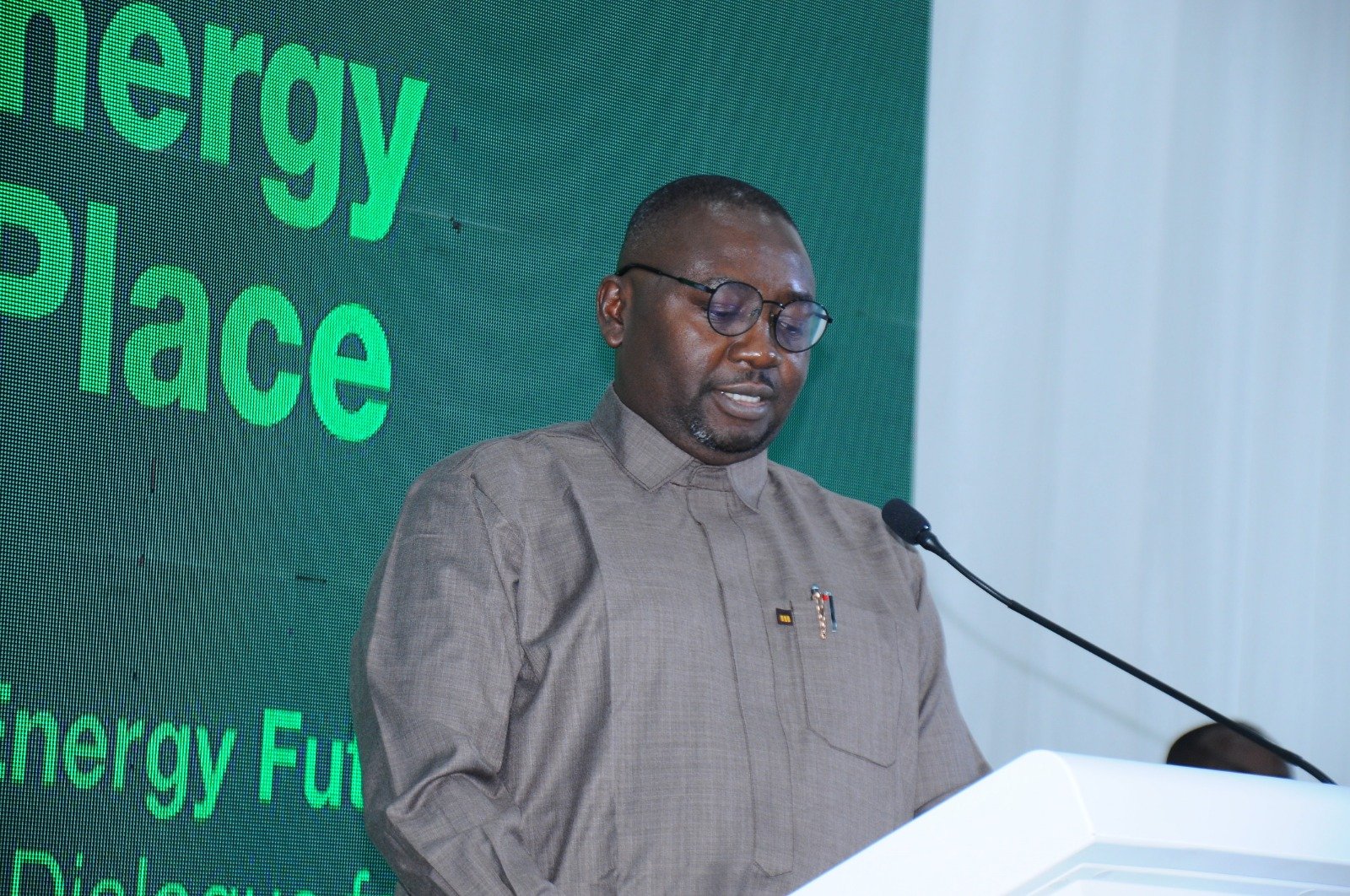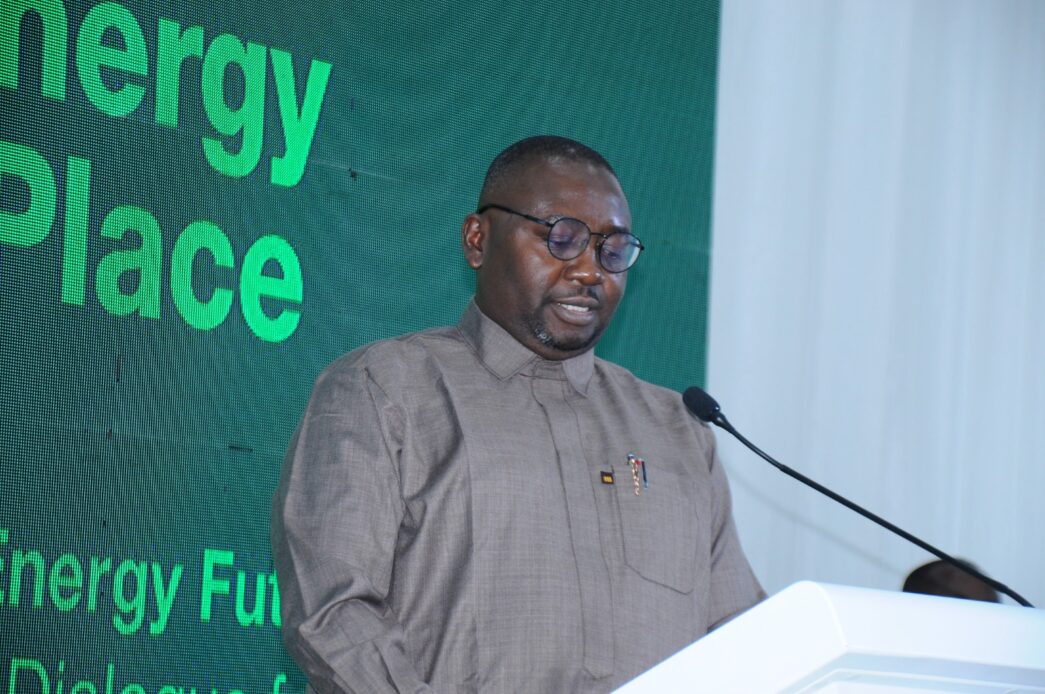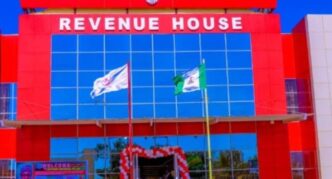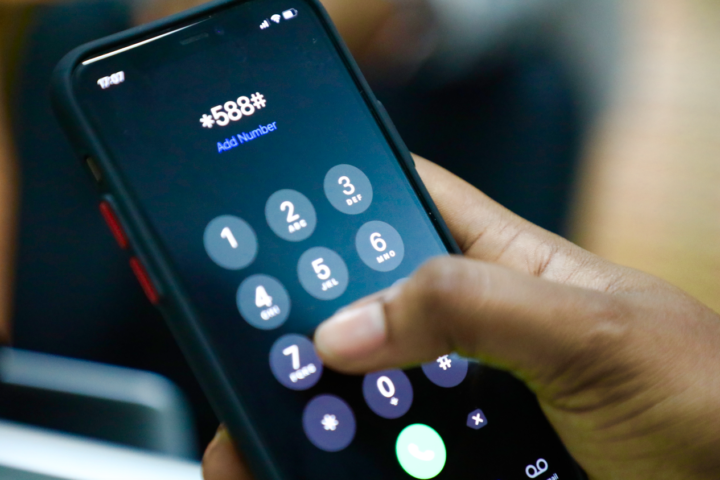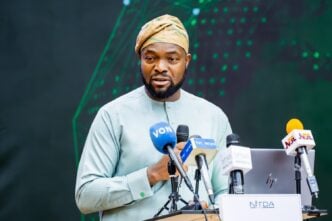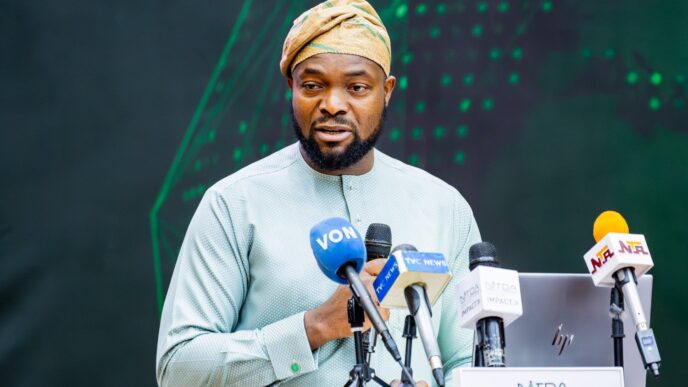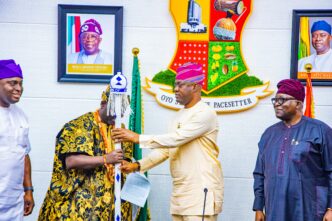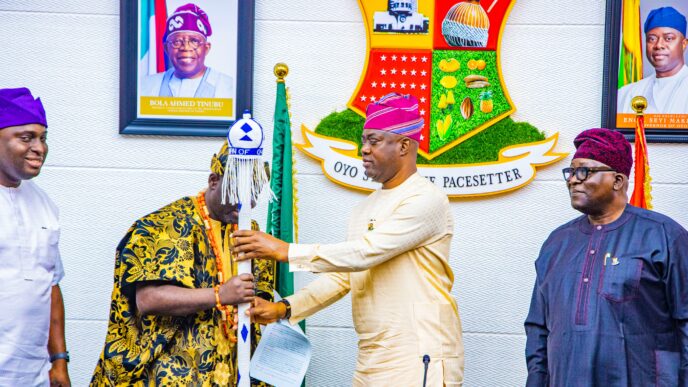Adebayo Adelabu, minister of power, says Nigeria’s power generation increased by 34 percent in 2024.
Adelabu spoke during a budget defence session with the senate committee on power on Monday.
The minister said his administration inherited an average generation capacity of 4,100 megawatts (MW) in 2023 and raised it to 5,528 MW by the end of 2024.
“I can tell you authoritatively that by the end of 2024, we had a peak generation of 5,528 MW of power from 4,100 MW of plants,” Adelabu said.
Advertisement
“And the reason for this is not far-fetched. We know that we added a new hydroelectric power dam, Zungeru, of 700 MW, and also there was a tremendous increase in the generation by other existing power generating companies, mainly hydro and thermal plants.”
He also said while the initial target was 6,000 MW, unforeseen challenges such as grid disturbances towards the end of the year prevented him from achieving it.
Adelabu, however, added that the shortfall was minimal.
Advertisement
Speaking on energy access, Adelabu said it rose from 59 percent at the end of 2023 to 64 percent by the close of 2024.
“This progress resulted from a combination of grid access expansion and growth in renewable energy initiatives, including solar, small hydro and wind energy projects,” he added.
Despite the achievements, the minister expressed concerns about the metering gap in the country.
He said approximately six million electricity customers are currently metered, while over seven million remain unmetered.
Advertisement
To address the issue, Adelabu said the ministry had secured a N700 billion fund and plans to commence the procurement of meters in the first quarter (Q1) of 2025.
He said the goal is to procure at least two million meters annually over the next five years.
Adelabu said he believes the procurement will eliminate the existing meter gap and eliminate any form of fraud in terms of electricity billing.
‘SHIRORO-KADUNA-MANDO LINE YET TO BE FIXED DUE TO INSECURITY’
Advertisement
Adelabu said the failure to fix the Shiroro-Kaduna-Mando line has placed undue pressure on the grid, resulting in frequent collapses.
In October 2024, northern Nigeria experienced a prolonged blackout following the vandalism of the Shiroro-Kaduna transmission line.
Advertisement
Adebayo, however, said the federal government has been unable to repair the power transmission line in northern Nigeria due to persistent insecurity in the region.
“The Kanduna-Shiroro-Mando line was one of the two major lines that transmit power to the north,” he said.
Advertisement
“The second one, which is the Ugwuaji-Makurdi line, was also vandalised, and we immediately rectified the line as the only source of power to the north.
“As I’m talking to you, we have not rectified the major line, which is the Shiroro-Mando-Kanduna line, which is why our grid is so fragile, because it’s only one line that is still supplying power to the north and is being burdened unnecessarily.
Advertisement
“It is still the insecurity that has not led us to fix the Shiroro-Kanduna-Mando line.
“We tried to fix it but our engineers were chased by terrorists and bandits with heavy weapons, it was like a civil war, that’s how bad it is.
“We handed it over to the security agencies, they have not even fixed it.”
The minister said the government was struggling to manage the grid it inherited, which is “still unfortunately very old and dilapidated”.
He also informed the lawmakers that the national grid suffered eight collapses in 2024 and not 12 as widely reported.
Adelabu said out of the eight incidents, three were partial collapses as a result of generation problems and five were full collapses.
“We have been trying very hard to ensure that we manage the grid that was inherited,” he said.
“Unfortunately, it is still very old. It is dilapidated. And we are just managing it until we are able to fix it permanently.
“This is the focus of the Presidential Power Initiative, to ensure that the entire grid is revamped so that we won’t be having all this vandalism.
“So these are the summaries of our activities. And we are proud to say that we almost met all our targets for 2024.
“Our hope is that 2025 will be a better year for us, and we will be able to address all the existing issues in the sector.”
Responding, Eyinnaya Abaribe, chairman of the committee, questioned the government’s continuous funding of power distribution companies (DisCos).
Add a comment
